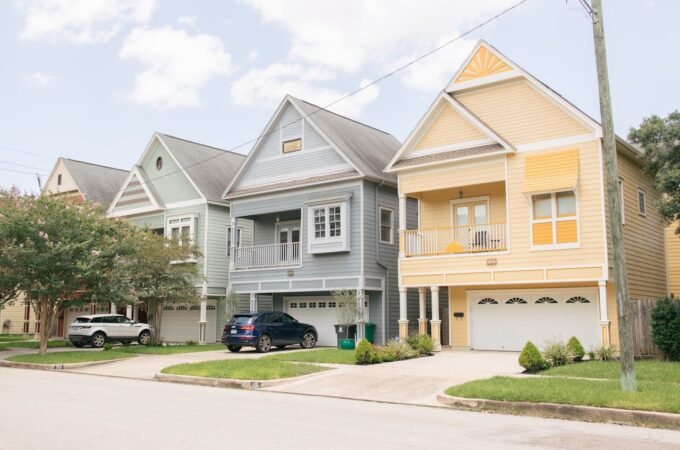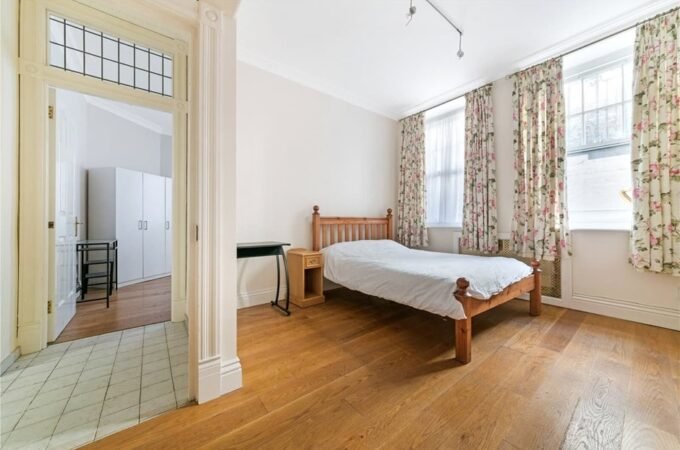
Real Estate – Important Guide for Choosing a Property Investment
A wise investment with the potential to yield long-term financial security is real estate. For people wishing to diversify their investments and accumulate some passive income, it may be a useful strategy.
You must conduct extensive studies on the real estate market if you’re considering investing. There are a lot of elements involved. So you might be left wondering how to make the best decision that would yield the highest results.
Choose the ideal property for you before you can begin purchasing one. Let’s examine the elements you should think about before making a choice.
Table of Contents
ToggleCommunicate with other investors.
Talk to other investors and make use of their knowledge. Take as much advice from other investors as you can. It’s the greatest method to guarantee that you position yourself for success.
Certain properties might not be worth your time or money, you might discover. Join local business meetups, go to seminars, and look for online forums – visit https://immo-tommy.de/ for more info. In the long run, it will save you a tremendous deal of frustration.
What type of property do you prefer?
Making the right choice on the kind of possessions for you as a novice investor may be challenging. Determining the type of return on investment you hope to achieve is crucial.
Your decisions ought to be guided by your lifestyle and aspirations. Although single-family homes are frequently less expensive and require less upkeep initially, development might not occur quickly.
Buying for many families is significantly more expensive. A higher degree of management is necessary. However, the profits will come in faster.
Plan your short and long-term goals.
After determining your objectives, use them to create a portfolio of investments. Do you wish to create a portfolio that’s more cash-flowing and long-term?
Are you trying to find homes for less than their market worth? Let your objectives direct every choice you make.
Learn about the location.
You should consider the neighborhood’s present housing demand as well as growth forecasts for the future. You want to investigate the neighborhood’s average asset values as well.
Acquiring a more profound comprehension of the regional real estate industry is vital. Determine whether any regions will grow more quickly than others. Examine the relative merits of your prospective rental property.
Study house prices.
Purchasing homes at a discount to market value is essential for a profitable house flip. You need to be well-informed on the state of the local market at the moment.
Real estate should always be bought in a buyer’s market. to prevent overspending. But regardless of the market you’re in, always be on the lookout for opportunities to add value.
Can you afford the costs?
To own the chattels, you must have the financial means to cover its expenses. Create a budget and know exactly how much will be spent on ongoing costs.
For example, your mortgage payment may include insurance, interest, and taxes. You should also think about the price of repairs, regular upkeep, management, etc.
Consider any restrictions.
Verify that the property has the necessary permits and zoning for the work you wish to conduct. Assume you intend to undertake any remodeling. Go to this site for further reading.
Before making any changes, find out from the city planning papers what may and cannot be done. Later on, while you’re creating a business plan, you’ll require this information.
Evaluate the potential income.
The amount of rent you can collect will determine how much you wind up paying. Your return on investment is this.
Think about the leasing fees and available space. Additionally, any elements that can influence future demand for your flat. For instance, nearby development initiatives.
Financing options.
The mortgage broker and your realtor are professionals in the area of financing for real estate. They can assist you too, as they have assisted others in purchasing properties in the past.
Ask them about any requirements needed to be eligible for a loan. Find out how much cash you’ll need for the closing. Among the closing expenses are:
- attorney fees
- adjustments to taxes
- modifications to utility bills
- questionnaires and actions
- title search records
- evaluations
Savings for your emergencies.
You should also consider the possibility that the chattel may require repairs. You may need to use some of your emergency savings for this.
The following are some crucial inquiries to make of a competent house inspector:
- How old and in what condition is the roof?
- Was routine maintenance performed?
- What is the water heater’s age and state?
- Are all of the equipment in functional good condition?
- Are there any significant code infractions that require quick attention?
- How’s the interior in general, and what minor repairs are needed?
Property Management
Choose the organizational structure for the management of your new property. Are you going to depend on a management firm? Or are you purchasing something nearby so you can handle it on your own?
Your choice of management structure will be influenced by your availability, knowledge, location, and way of life. Find out what costs the property management firm charges for upkeep and rent collecting by having a conversation with them. Determine the local average for management fees and account for it in your budget.
Potential for Appreciation
Examine carefully the long-term prospects for that specific neighborhood. Keep an eye out for any large-scale construction going on in the area.
Is a demand increase anticipated? What has been the recent years’ average rate of appreciation?
CAP Rate
Alternatively referred to as the cash-on-cash, return on investment or ROI, and COC. It’s employed to ascertain the profitability of a property relative to its acquisition cost.
For a single-family home, the industry average is between 6 and 8%. Apartments, however, make up about 10%. However, some variables, including market circumstances, property type, and location, affect cap rates.
Patience
Always keep in mind that each expenditure you make is an investment. It’s crucial to exercise patience and keep your rental home for the duration.
Through appreciation, several tax advantages, and cash flow from revenue. You’ll enhance your gains and create a solid, successful portfolio.






